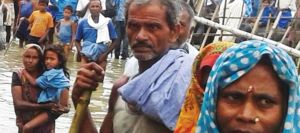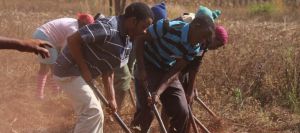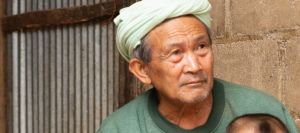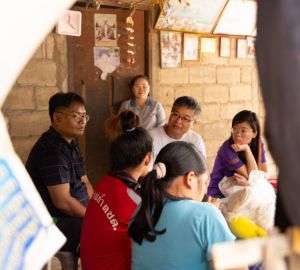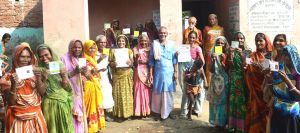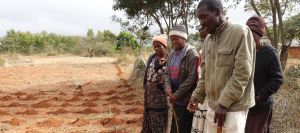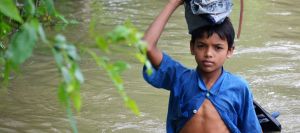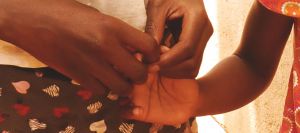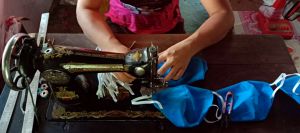
From Sewing Sanitary Napkins to Three-Layer Face Masks
Banner image: Theit Theit Shwee sewing face masks made by cloth (Source: CEDAR’s partner) “Kacha…Kacha…” Theit Theit Shwee, a woman from the slum area of Myanmar, sat in front of a sewing machine and sewed the fabric. She carefully wrapped the two white bands and sewed them with the fabric and finished making a three-layer cloth mask. This has been her daily job, making cloth masks with other women in the community center of CEDAR’s partner. Due to the local outbreak of COVID-19, Theit Theit Shwee, who was already over 40, immediately lost her job. She had been working so hard to raise her child for many years, but the pandemic has made her lose all her income.


